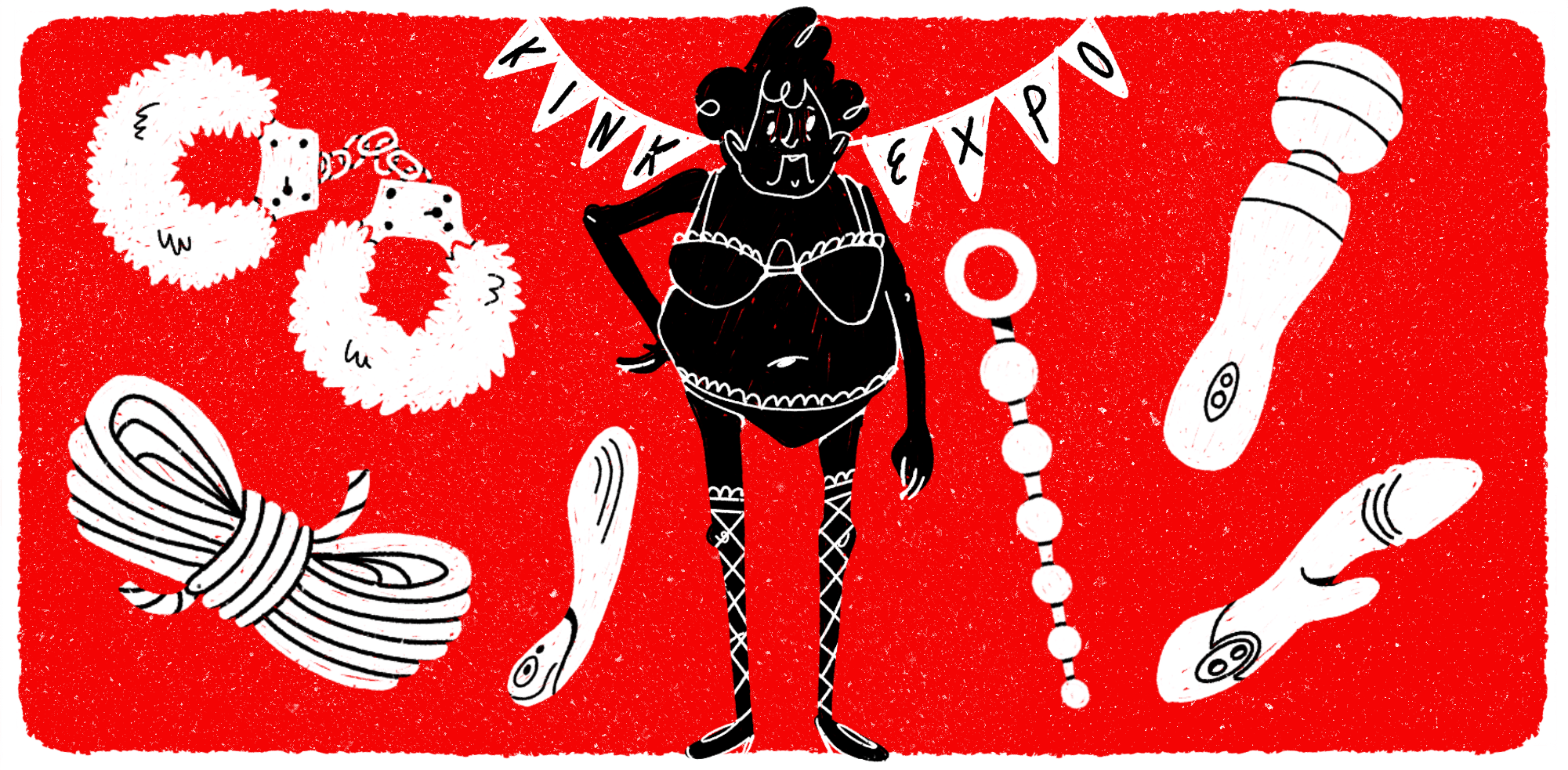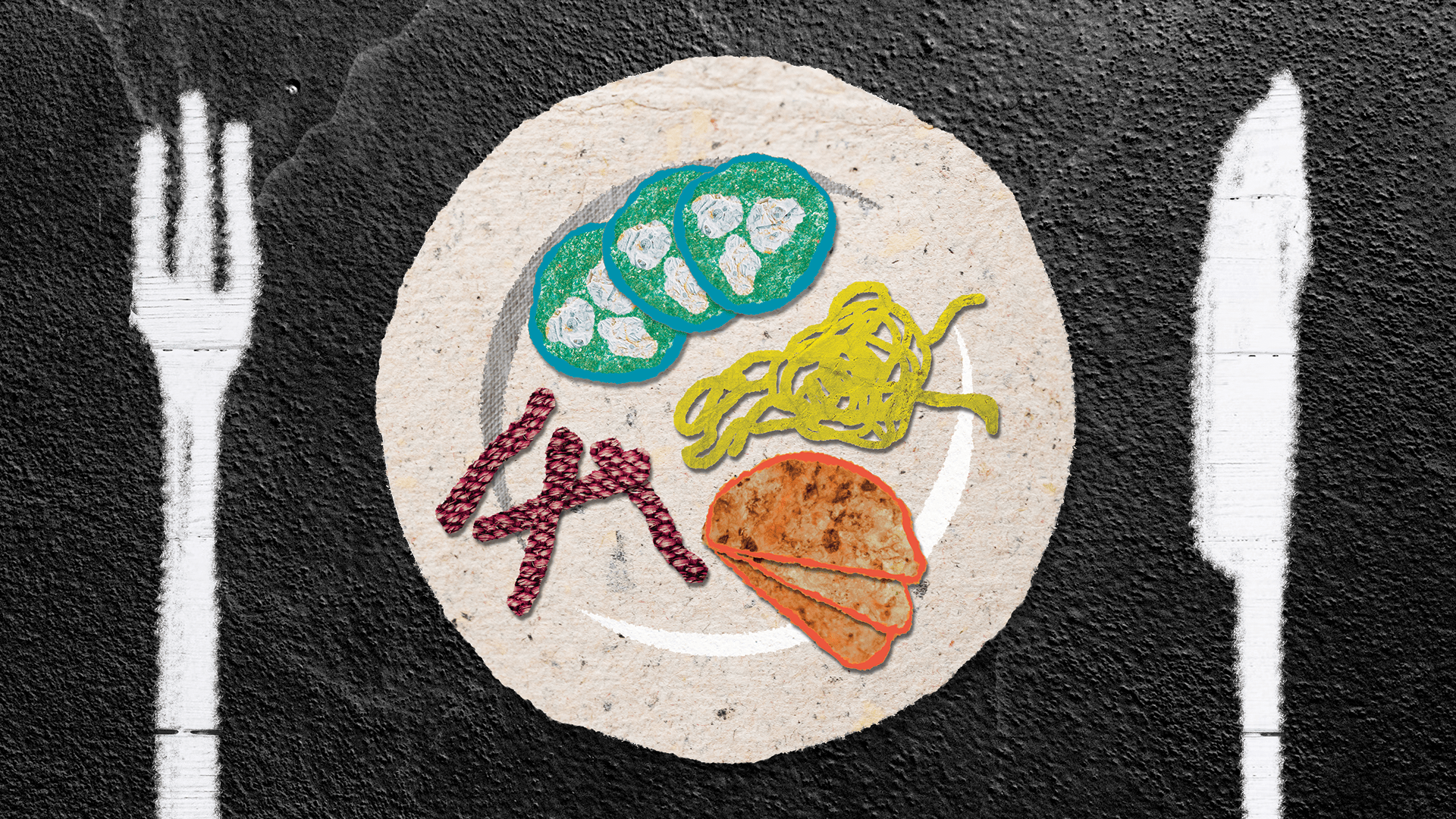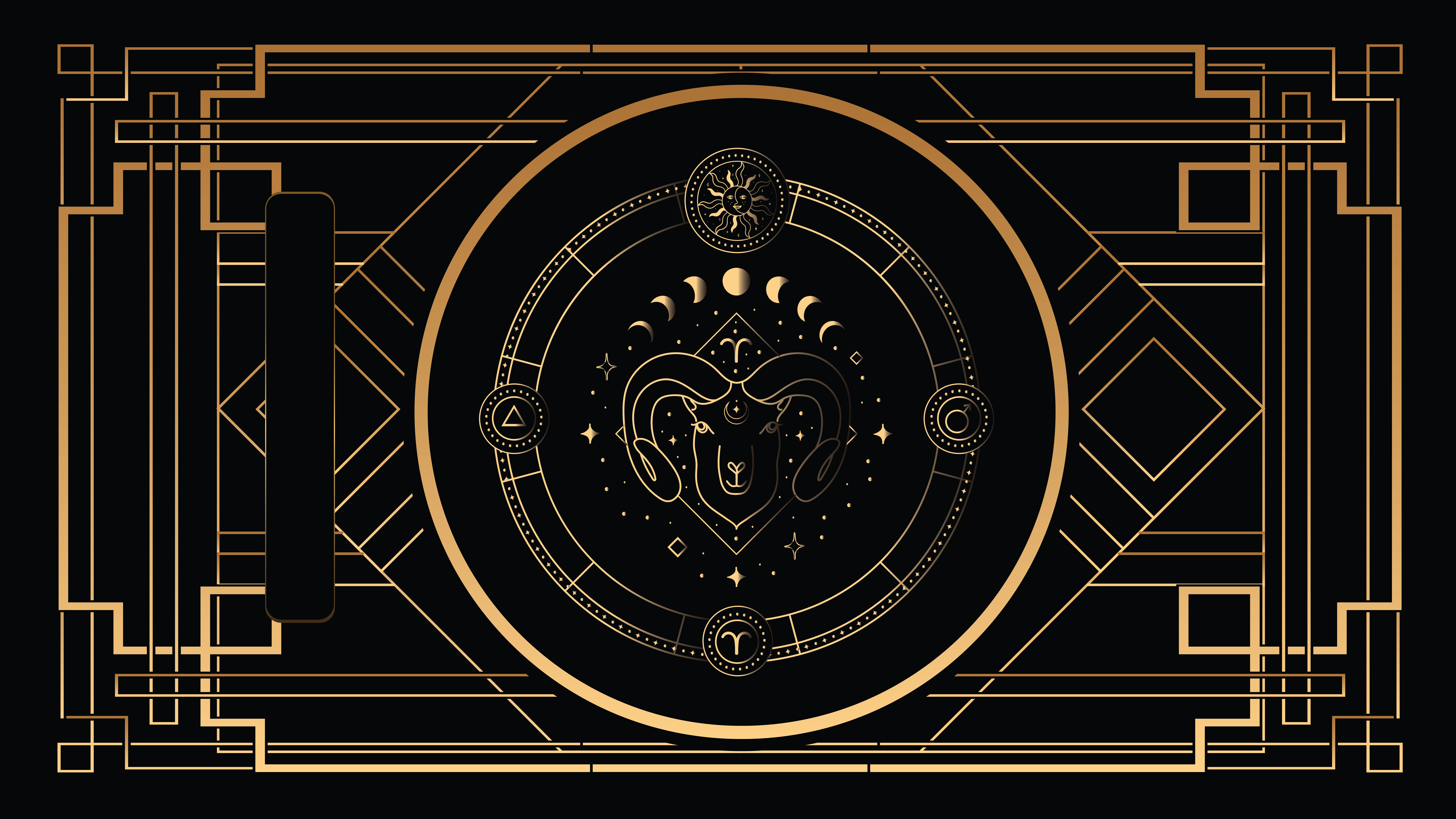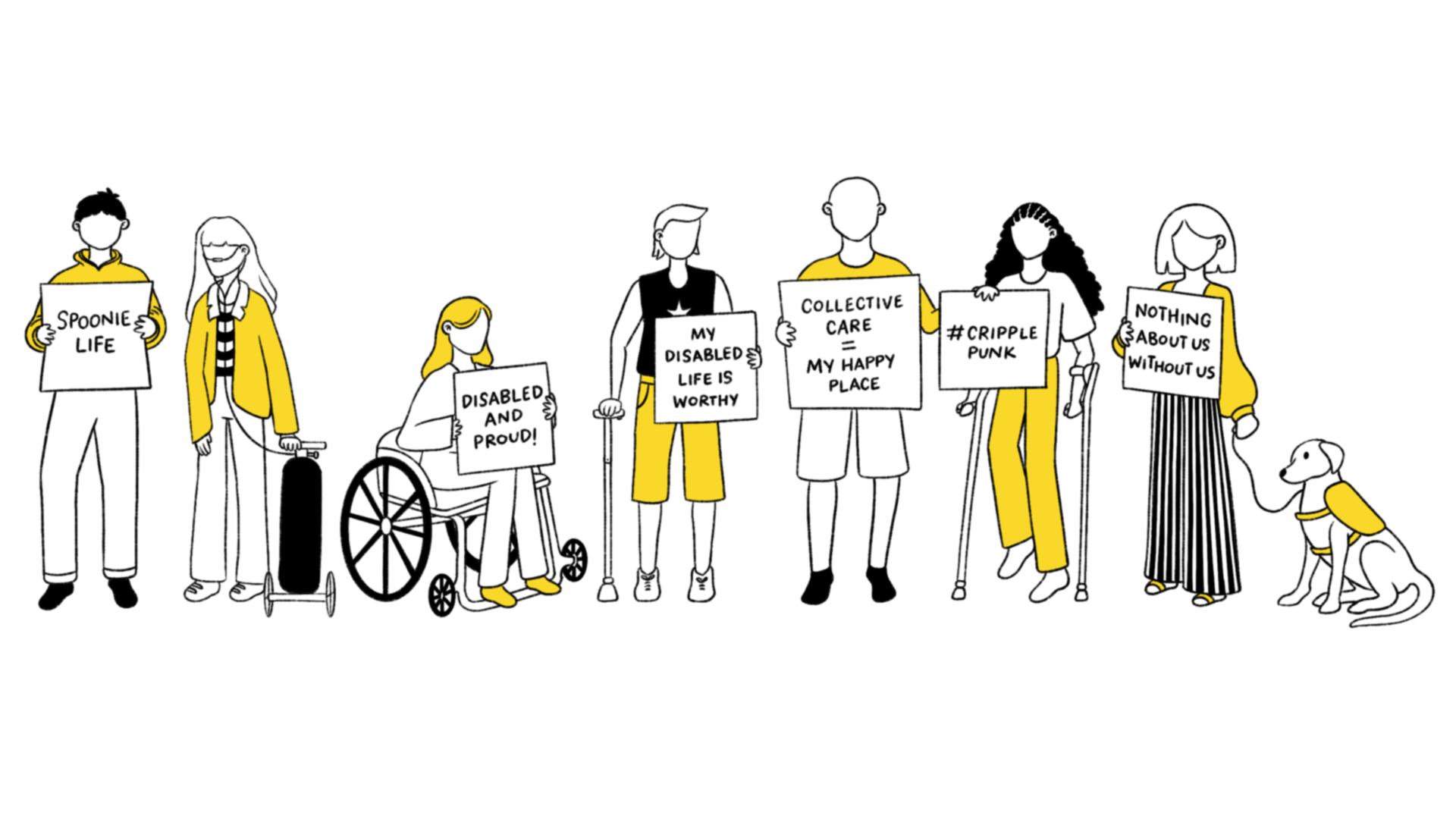
Icy Altercations: Reflections from Poland
This is not about art. It’s about cops.
The original aim of this article was to write a review of art recently exhibited in Warsaw, based on the foolish hope that what I would see in Poland would somehow, miraculously, fit the Lonely Hearts theme of this issue. What I found in Warsaw, for the most part, was a snow-covered city full of galleries that were showing a variety of crappy and slightly less crappy art: much like any other big city.
What I also found was that a local English-language magazine, the Warsaw Insider, had beat F Newsmagazine to it and shaped their January 2008 issue around the theme of darkness and depression. Michelle Smith, a not-so-Polish sounding writer from the Warsaw Insider, reflects, “It seems to me that Polish people know that they were hurt as a nation, with the Second World War and Communism. We feel excused for feeling sorry for ourselves.” Smith also made the striking observation that “mental illness has historically been excluded from Polish life (so) that there are very few words in the Polish language for specific psychiatric medical terms… In Poland in 1999, a social stereotyping poll revealed that 70 percent of people used derogatory words to describe the mentally ill, and 90 percent admitted to jeering at mentally ill people.”
Perhaps it might not be so difficult to fit F Newsmagazine’s theme to the art in Warsaw after all? This doom and gloom was everywhere: Warsaw’s DAP Gallery held a show by Polish abstract artist, Andrzej Dluzniewski, who was allegedly blinded in a car accident, and black is the only color he can see. Wilhelm Sasnal, on display this winter at Warsaw’s Zacheta National Gallery of Art, paints gloomy gray and black compositions that look trendy enough to be printed onto hoodies, sold at Threadless.com, and purchased by fans of graffiti artist Banksy. Everything was gray, including the numerous fl ickering video screens at the CSW (Warsaw’s Center for Contemporary Art), and notwithstanding the Art Institute of Chicago’s Jasper Johns Gray marvel, there was only so much I could bear of gray planes in my vision.
Being in Poland gave me a quietly nagging sense that all was not well. Unable to put my finger on the problem, I decided that bold generalizations were the olution, and proclaimed to my Polish-born travel companion that the entire country functioned in a collective state of mutual suspicion and irritation. It is as if people try to bump into you on the street, then look at you with mistrust when you mutter an apology for getting in their way.
Two weeks after making this claim, waiting at the airport gate for my flight from Warsaw back to Chicago, I remembered that this culture of complaint and discontent is also a dominant feature of American life. A young American man seated next to me at the gate could not stop whining: “Fucking late again! This is pathetic! I bet it’s cancelled. What’s taking so long?” At one point he even said, quite loudly, “These people are fucking retards, how difficult is it to board a fucking plane? This is retarded.”
Complaint is one thing, but as the days stacked up in Warsaw, what interested me more was a different pattern of Polish behavior: I began to notice it as a culture of bureaucratic bungles, obscure rules and officious traffic cops. Actually, when put this way, it sounds rather like the United States again.
Now, I normally credit myself as being a relatively law-abiding person. I’m usually the first to notice the fasten-seatbelt sign has illuminated as I hastily rummage to try to click it into place, only to find that I still have it fastened. I live in mortal fear of being caught for fare evasion even when I have a valid U-Pass, and assume I have done something wrong every time I see a cop on the street.
But it was only in Krakow that my friend and I actually succeeded in getting into trouble with the police. Not once, but three times, in three hours.
The other thing I managed to do three times in Poland was destroy a perfectly good apple cake, by somehow baking three cakes that tasted as though they were 90 percent sodium and 10 percent flour. Yes, three times. And I know that cukier means sugar. But more on the cake in another issue.
Those who have travelled in Krakow will no doubt agree it is not an easy place to get around, on foot or by car. I think I got lost the regular number of times that most tourists get lost in Krakow. Depending on how you look at it, my companion and I were blessed or burdened with having a car to get us around, and this meant we had to attempt to interpret the extraordinarily complex road rules of central Krakow, which, as far as I can tell, exist purely as an effective revenue-raising scheme. I began to think of Poland as a culture of bureaucratic bungles, obscure rules and officious traffic cops… rather like the U.S., actually.
The first traffic offense we committed was a fair call. My companion, G, following my badly-pronounced directions, turned the wrong way into two one-way streets, in succession, and then did a five-point turn and sat himself in a bus zone. A bunch of boyish Krakow traffic cops were pretty impressed by this one, but let us off on the dubious claim that G was a naive Australian artist, and that I had a baby on the way. Ah, that pastry and pierogi-caused belly has been useful for something! We got off with a warning, and a “be good to your woman.”
It was only minutes later that we turned a corner, from one small street, right, into another small street. I was pretty stoked because it looked like this street was two-way, so we must be doing something right. But upon making this turn, we were waved down by a chunky Krakow cop in ill-fitting pants, who was keen to tell us that we had made a turn that you could only make if you had a special sticker on your windscreen. If we had read the paragraph-long sign in Polish on the corner, we would have known better. This time the naive traveler stories got us nowhere, and a fine ensued.
The third offense occurred at nightfall, once we’d finally found the highway, and were racing away from Krakow as fast as we could. G was once again pulled over by a policeman who was on foot, waving a little red paddle on the side of the highway. This time we’d been speeding. G pulled over and the red-paddle cop walked up to the car, and asked G, in Polish, to come with him. We looked at each other. Is this normal? G got out of the car, wearing only a sweater in freezing conditions, and I watched him walk with the cop about 150 yards up the road, and be led into the back of a police car. So here I am, sitting in a car on the side of a highway, somewhere outside of Krakow, with no language skills (and did I mention I can’t drive a manual?) and G is inside a police car. I don’t have a cell phone, G doesn’t have a cell phone. What if they drive away? What are they going to do to him? And why did this have to happen in the middle of winter?
It seemed like an hour later when G returned to the car, grinning. I’d gone through all this stress, and he was smiling? “Well, at least they didn’t shoot you. Did they rape you? Did they make you touch your nose with the tip of your finger?”
“Uh, no. We just got into the car because it was cold.”
“So what happened?”
“We chatted about radars. It was very informative. They were pretty impressed at how fast I was going in a 50 km/h zone (31 m/h). They also wanted 500 zl (US$205) on the spot.”
“Eeek, that’s a lot. How much did you have?”
“I only had 100 zl, so they softened a bit, and proclaimed they ‘didn’t want to inconvenience me.’ I didn’t quite know what to do next, so I just sat there. Then one cop reached over and took 50 zl ($US20) out of my wallet and said I could go. He said they were off to buy some vodka.”
There’s nothing like the reinforcement of stereotypes to get the blood flowing again.





















